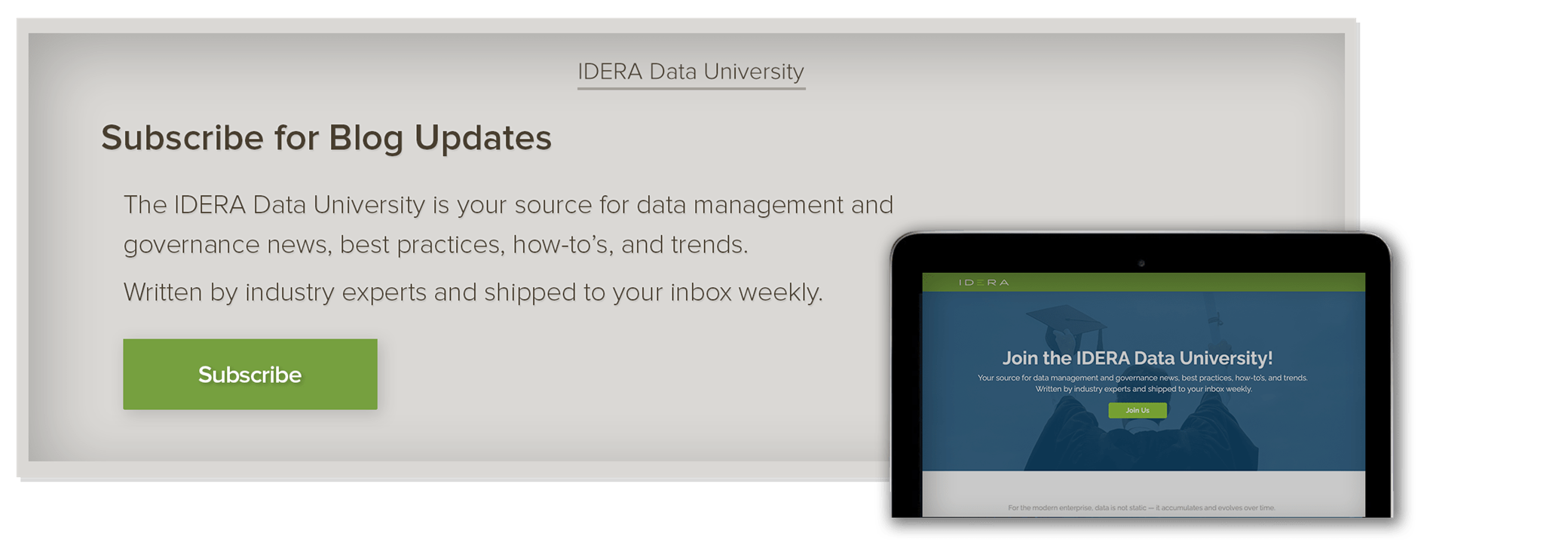Data modeling benefits the modern, data-driven organization greatly. It provides organizations with a blueprint and process for planning, creating and changing databases so that they can be done right the first time.
On this page:
- Why You Need Data Modeling Tools
- The Top 6 Benefits of Data Modeling Tools
- What’s the Best Data Modeling Tool?
Why You Need Data Modeling Tools
In today’s data-driven business world – where data is vast and valuable – data modeling tools have transcended “nice to have” and have become integral. With so many data stakeholders, a scalable and collaborative data modeling approach, facilitated by dedicated data modeling tools is necessary.
With data modeling, organizations can streamline their data architectures and cut maintenance costs, which can gobble up 50-80% of the development budget.
With an enterprise-wide collaborative data modeling tool, your business can unlock the tangible economic benefits of data modeling and in turn, their data. In fact, the value of data modeling can be dramatic. Your IT teams can create systems that are better, run faster and contain fewer errors. These systems can also require less maintenance—for big-ticket savings.
The Top 6 Benefits of Data Modeling Tools
The benefits of building data models as a part of a defined data modeling initiative are many. Organizations that take the time to implement a data modeling tool and strategy can:
- Reduce risk—Data modeling starts by putting the rules for business data into a visual format, improving the communication between business and IT stakeholders. This helps reduce the requirements churn and other ambiguities that can drive up costs.
- Save time—With data modeling, your IT teams can transform requirements into designs, make changes, and move onto deployable code. The iterative process helps accelerate development.
- Enable growth—Data modeling helps ensure that new data requirements are well documented and traceable through changes. This streamlines updates and speeds time-to-market.
- Reduce complexity—Standardizing data architectures helps you determine what data you have, where it is located, and how to consolidate it to the cloud for future innovation.
- Minimize conflict—By understanding how rules apply to data—and connecting these rules to data assets during creation—your IT teams can achieve built-in governance.
- Lower costs—With data modeling, you can merge data and reuse known data assets to increase consistency across systems and expose new business opportunities.
What’s the Best Data Modeling Tool?
The best data modeling tool for data-driven organizations is one that enables a collaborative, consistent and scalable approach to creating data models. A tool that allows an enterprise to construct a data model, and progress it through the three stages, or types of data model, can ensure the relevant stakeholders can be involved throughout.
It also ensures that the model can be built on – rather than re-built – between the stages of data modeling. This helps retain consistency and accuracy throughout the process.
With such a data modeling tool, once the physical stage of data modeling is complete, organizations should have an accurate representation of the database as-intended. They will have a complete blueprint to help visualize and construct the database and the peace of mind that critical considerations have not been overlooked.
IDERA understands how to help put data to work for your business. Our database lifecycle management solutions can help connect your diverse data elements, and align them with your business needs, to drive tremendous value.
The three versions of ER/Studio – IDERA ER/Studio Business Architect, ER/Studio Data Architect and ER/Studio Team Edition – provide organizations with the fastest, most reliable way to model your data, so you can view, extract and use it effectively.
For a comparison of ER/Studio versions, click here.
To find out how data modeling can benefit your organization, read IDERA’s white paper “The ROI of Data Modeling” and learn more about IDERA ER/Studio Solutions.
